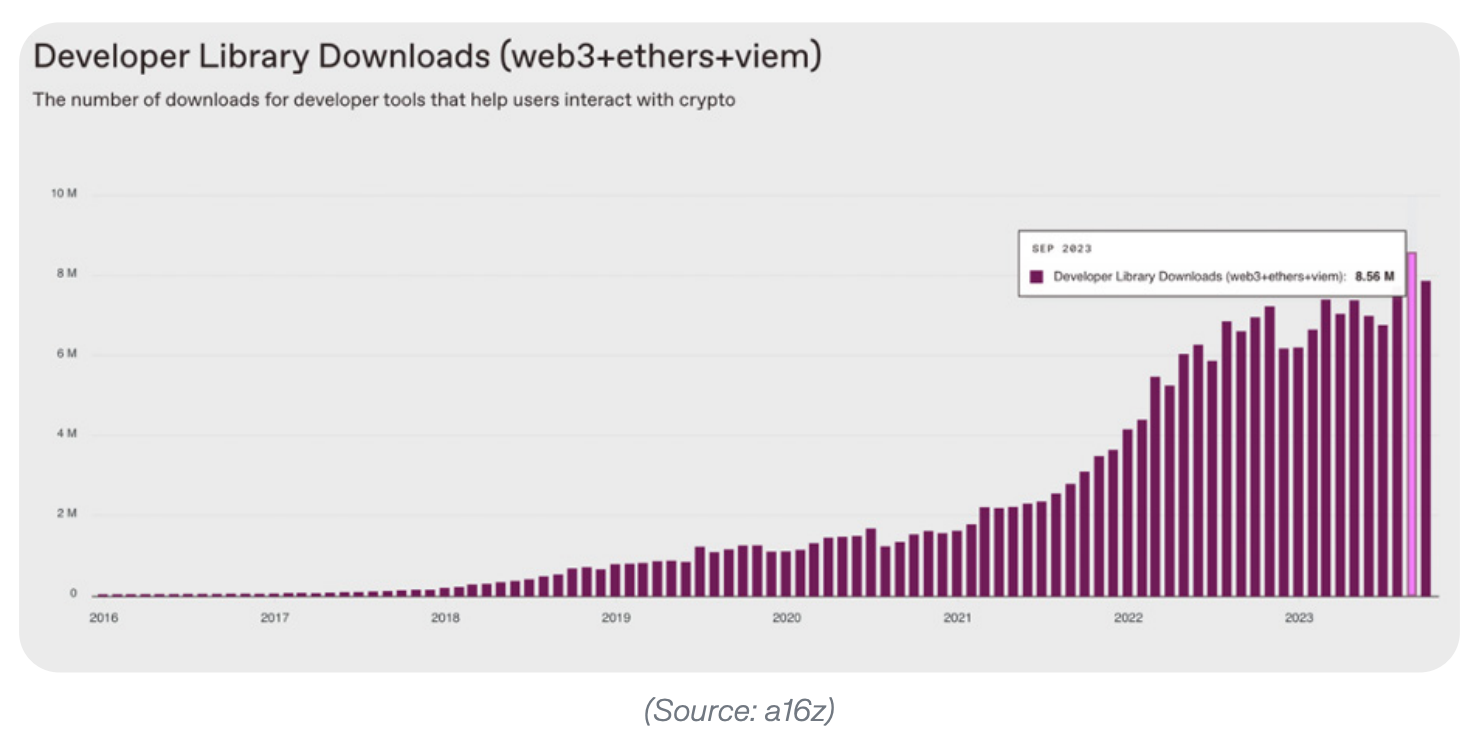Trends and progress among OSS projects in Octant's latest epoch
Octant recently kicked off Epoch 3, its latest reward allocation round, featuring 30 projects. This round comes three months after Epoch 2, which had a total of 24 projects in it. There are 20 projects continuing on from Epoch 2 into Epoch 3 - including Open Source Observer.
During Epoch 2, we published a blog post with some high-level indicators about the 20+ open source software (OSS) projects participating in the round. In this post, we'll provide some insights about the new OSS projects and refresh our analysis for the returning projects.
Overall, in Epoch 3, Octant is helping support:
- 26 (out of 30) projects with at least some recent OSS component to their work
- 343 GitHub repos with regular activity
- 651 developers making regular code commits or reviews
In the last 6 months, these 26 projects:
- Attracted 881 first-time contributors
- Closed over 4,646 issues (and created 4,856 new ones)
- Merged over 9,745 pull requests (and opened 11,534 new ones)


